Austin English | May 27, 2025
Excerpted from The Comics Journal #311
In 2006, I worked at Forbidden Planet Comics in New York City. At the time, I was in charge of ordering zines, minicomics and self-published magazines for the store’s burgeoning “independent/alternative” section. One comic stood out above all the rest as the customers’ absolute favorite: Jeffrey Lewis’ Fuff, which we struggled to keep in stock every month. I remember real excitement from store regulars, who dragged their friends into the shop to show them Fuff, and, in turn, their friends’ faces reflecting immediate approval. Anyone who’s worked in a comic shop knows how rare this is, so I began to take greater note of Lewis’ work.
 Lewis describes his normal day-to-day, from Fuff #10, 2014.
Lewis describes his normal day-to-day, from Fuff #10, 2014.[...] It was surprising to me then — and remains surprising to me now — that Lewis is obscure and rarely discussed in alternative comics circles. Most who have heard of Lewis will know him from his other artistic pursuit: he is an acclaimed musician, constantly on tour across the globe, who has earned his living from music for the last two decades. Over the years, when I’ve spoken to Lewis, it’s become clear to me that he would much prefer to be a full-time cartoonist than a full-time musician. Much of his comics output over the last decade-and-a-half reflects a determined effort to perfect his ability to draw and tell a story, to make the ambition to be a full-time cartoonist a reality by drawing the best comics possible. Our discussion shows how much perseverance a serious artist needs to keep going. Through 12 stellar issues of Fuff (drawn over 15 years) onto his brand new series Statics, Lewis has never stopped working to attain new levels to his cartooning expression.
—Austin English
AUSTIN ENGLISH: Now, in this interview, you’ve expressed an admirable combination of commercial instincts and artistic instincts. But one thing that strikes me is, you could easily — or maybe not easily, maybe that’s presumptuous — but you could say, “OK, I have this idea for something that I could propose to publishers that wouldn’t compromise what I want to do as a cartoonist, but I would do a long-form work and I would maybe get an advance to have time.”
That’s conceivable. But ever since I’ve known you, you produce work in floppies and they’re a mix of short stories. There’s not a long narrative that could later be a graphic novel exactly. The reader gets to know your sensibility more as the issues increase, but many of your readers might just have one random issue over their lifetimes. Most people with your ability and with your ambition and desire to make it in comics usually compromise. ‘I’m just gonna break down and do a graphic novel of some sort and hope to not have to compromise too much.’ And I just wonder what you think about that.
JEFFREY LEWIS: When everybody at The Strand was raising their hands to ask questions of Clowes, I didn’t get picked to ask a question, but one question that I would have wanted to ask him is, “Is this what you have to do?” I don’t necessarily think it is what he wants to be doing. That’s why I think it’s so interesting and cool that Craig Thompson has gone into making these Ginseng [Roots] floppy comics about a totally irrelevant topic, fucking ginseng farming, and they’re released in floppies. And of course, they’re gonna be collected into a total thing. Maybe I explain it to myself by wondering — maybe Habibi was just a traumatic flop. He spent years working on that, and it just didn’t meet critical or financial expectations. So rather than spend 10 years making another Habibi, he’s just going to do whatever the heck he wants to do, which at this moment is comics about ginseng farming. Great. Love it. I wish Clowes … far be it from me to tell people what they should do, but Joe Sacco, when he did that Bumf comic, that was just ridiculous. It’s just a bunch of half-baked nonsense. I’m sure that probably didn’t sell very well compared to Palestine or something that has an actual marketable hook, but I love that comics can just be people doing whatever the hell they wanna do.
 Lewis keeps readers on their toes with a wide range of material in each issue of his comic, as seen on the cover of Fuff #6, 2007.
Lewis keeps readers on their toes with a wide range of material in each issue of his comic, as seen on the cover of Fuff #6, 2007.As far as like the ambition to make a long-form graphic novel, I was very ambitious when I was in college. I had various epic ideas of plots and details, probably never to be fulfilled, but I have a couple. I have maybe three of these stories on my to-do list that were conceived over many years back in the ’90s. And the first comics that I did when I first graduated college were more like long-form epics. The first one that I did, Summer of ’97, it was a 40-page comic. That was a single story that was very complex, and it’s been out of print since then. It’s very embarrassing to me now because the art is cruder and the lettering especially is cruder than I would want it to be, but it might be interesting for people to see that now. Everything in that narrative had a symbolic meaning. I was a literature major in college, so I wanted to make something that was a James Joyce or Virginia Woolf kind of project, modernist literature where certain things had symbolic meanings and there were interwoven threads of narrative. Alan Moore was the only person who seemed to be able to make comics on that level. But as I got more distracted and got more involved in music, I just didn’t have the focus to make those kinds of long-form stories. And also, I got a little bit perverted by getting into Eightball. My mind was shifted by seeing these comics. It really changed my perception of what I wanted to do in comics. So, it doesn’t seem that appealing to me to do a long-form graphic novel.
I think everybody who has read Ghost World as a standalone collection has lost something. I don’t think any of them could possibly enjoy it as much as it was enjoyable as this weird sliver of a thing that started to appear in Eightball. It was like, what is this? And you didn’t even know if there was gonna be another chapter in the next issue, right?
To me, Eightball is the greatest comic of all. Not only were you getting this strange mélange of styles and thoughts and this multifaceted view of Clowes’ psyche and his skillset, but you were also getting to see the artist develop in real time in a way that I always liken to people buying Beatles albums in the’60s. From one to the next, you are actually seeing the development of skill and concept that by the time you got to Eightball #11 and #12 and #13, and he starts to do Ghost World and “Gynecology” and “Caricature,” it just wallops you in an extra-special way because you’ve already been drawn in via the earlier work leading up to it. You’re defenselessly wide open to it, after the earlier stuff it just sucker punches you with this emotional depth and the quality of the drawing. Clowes drawings, from back in the Lloyd Llewellyn series, you wouldn’t have thought this was a guy who was gonna end up drawing really, really well. He was a stylist, he was an excellent stylist, but it just crept up on you. So, by the time you get to David Boring part 1. Oh, my God. I’ve just been pulled in. It’s like listening to “Love Me Do” and then you’re listening to “Tomorrow Never Knows.” “I am in a fricking other dimension now. How did that happen?” That’s just so magical to me. It’s so irresistibly magical that there’s no graphic novel that could possibly excite me as much as that, that process of reading those issues.
Your travelogue strips about Europe, is there some-thing that gives them more dignity to have them appear in a comic that people are picking up and then you relate this thing rather than having it be top billing? “This is my statement about this time, this experience, or my statement about this historical thing.” You come into this neutral area of a comic and the expectations for what that relates are less heightened for the reader so that they can meet the thing with more dignity. That’s how I experience your work and other work in that format, but I’m wondering how true that might be for you.
Absolutely. that’s exactly it. And similar to how I talk about slipping the history of communism into my rock gigs, the effectiveness of that alchemy seems to me so much more effective when it’s not “here’s all 10 chapters of the history of communism in one collected thing.” No, it’s, “Well, here’s a song about how I’m brokenhearted and I hate being on dating apps and now here’s a punk rock song about zombies. And now here’s the history of communism in North Korea.” It’s in that slice-and-dice kaleidoscope of interesting topics that each one gains a greater power. I had the complete 80-page European 1999 travel diary finished when I started, when Mark Friedman encouraged me to make a comic series instead of more standalones. And I thought, “Well, I could chop this into little things and do a comic series and fill out the rest of the issue with other short stories to start the Fuff series, instead of just doing a big 80-page stand-alone of just the Europe diary.”
I always use the metaphor of Saturday Night Live. Here’s Dana Carvey as the church lady, and now here’s John Lovitz doing a thing, and here’s weekend update with Dennis Miller. It’s the mix and match chopped up thing. But what if you couldn’t access those episodes at all, and all you could get was a VhS tape of two hours of the church lady, and here’s a dVd of a collection of all of the Weekend Updates. It just doesn’t work in the same way.
Maybe you’re doing a comic about a one night stand you had in Europe, or how you made a sandwich or something for cheap, how you save money with certain food — if it was, “Here’s my graphic novel about these kinds of things, who I am as a person,” it weights it more. It’s as if you’re gonna go see a friend and they’re gonna tell you a really dramatic story rather than just having lunch with someone and they’re telling you some stories and things naturally come up. And I do feel like you’ve created this system, whether it’s the recent stuff where there’s a mix of superhero stories, your parents’ stories, the God character, and it’s through this that the reader accepts whatever you’re relating in these things much more. You ingest them so much better because you’re not coming there for any of those specific things. And so you trust it more.
 European travelogue from Fuff #3, 2005
European travelogue from Fuff #3, 2005Yeah. The element of surprise is an important element. I mean, why should you do without the element of surprise in your arsenal? I like that I’m able to operate basically completely uncommercially because nobody cares about my comics or about comics in general for the most part. I aspire to that marginal zone where somebody could make something like [Chester Brown’s] Underwater and you think, “What the living hell is this?” You forge an artistic greatness that nobody had conceived of before. It’s such a remarkable human activity to just make something that has no application of previous form. You’re not only an artist in the creative application of content, but the creativity of the form itself is unprecedented. You’re just following your instincts as an individual personality, a developing personality whose ideas about what they want to do evolve over the course of a project.
Even Watchmen, which I think of as the greatest comic ever made, in many regards. It has a lot of flaws, but it’s operating on a level that most people haven’t even thought of attempting. It evolved from issue 1 to issue 12. It becomes its own aspirations, its own realization of what it’s capable of doing, even if the plot had already been somewhat worked out ahead of time. It kind of deepens its craft, develops, which in a certain way is unfortunate because it doesn’t read as cohesively as a piece the way that a Virginia Woolf novel might be thoroughly comprehensive. I would love to see a truly great graphic novel. I haven’t finished Monica yet. Maybe this is finally the truly great graphic novel. It’s yet to be accomplished really, which is what keeps it exciting.
With comics, you have a feedback loop with your audience that you don’t get as a graphic novel. If Clowes was releasing Monica in floppy form and then collecting it, there’d be a certain feedback loop where people would say, “Oh, I’d like to see more of this character,” or “I didn’t understand what happened with that.” That would probably have some impact on the creator’s perception of where to take a story. And that’s not a bad thing. It’s like a musician releasing singles. I try to go to an open mic every week and try out new songs, and when stuff communicates, I’ll go in that direction more than other stuff.



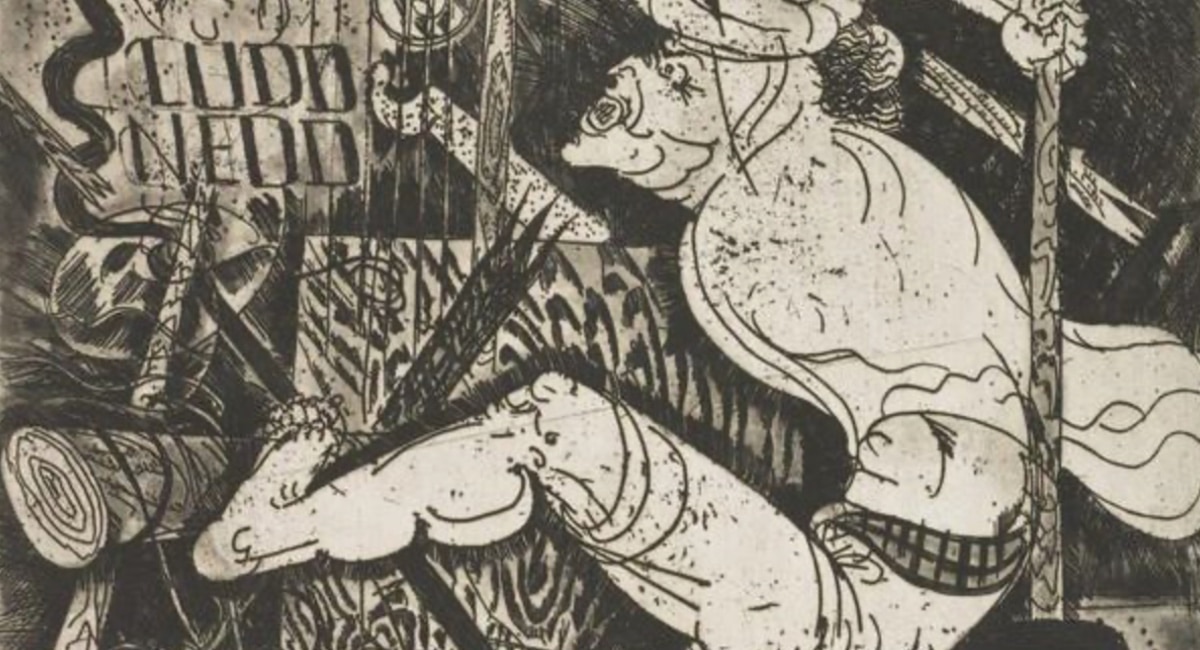

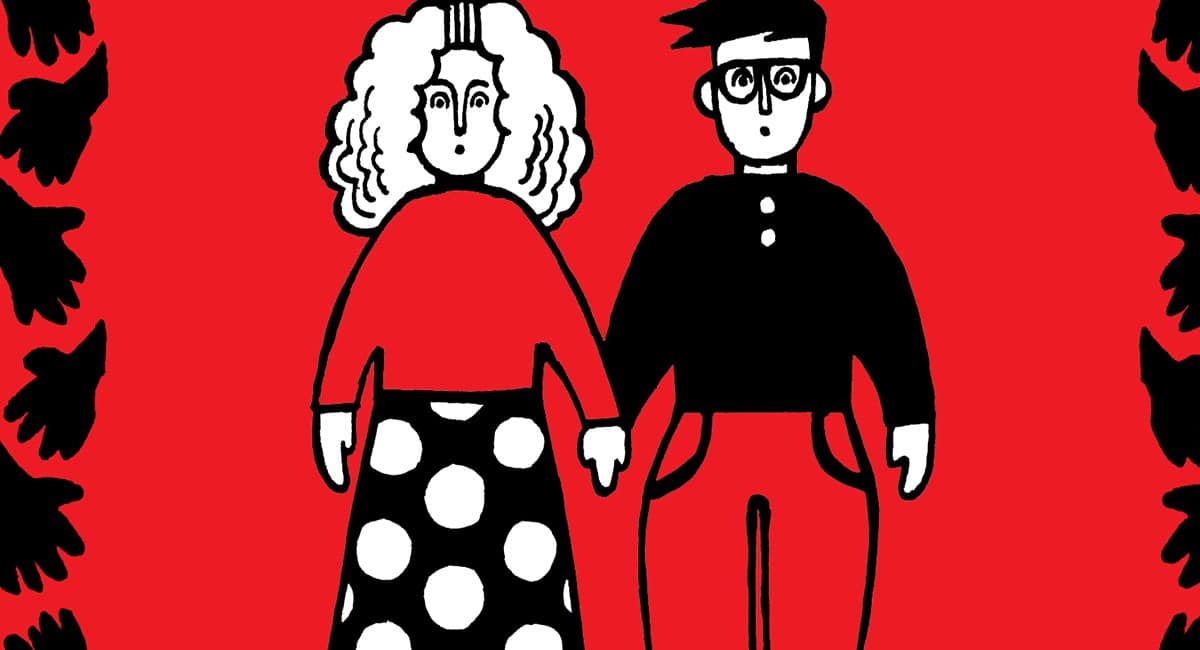






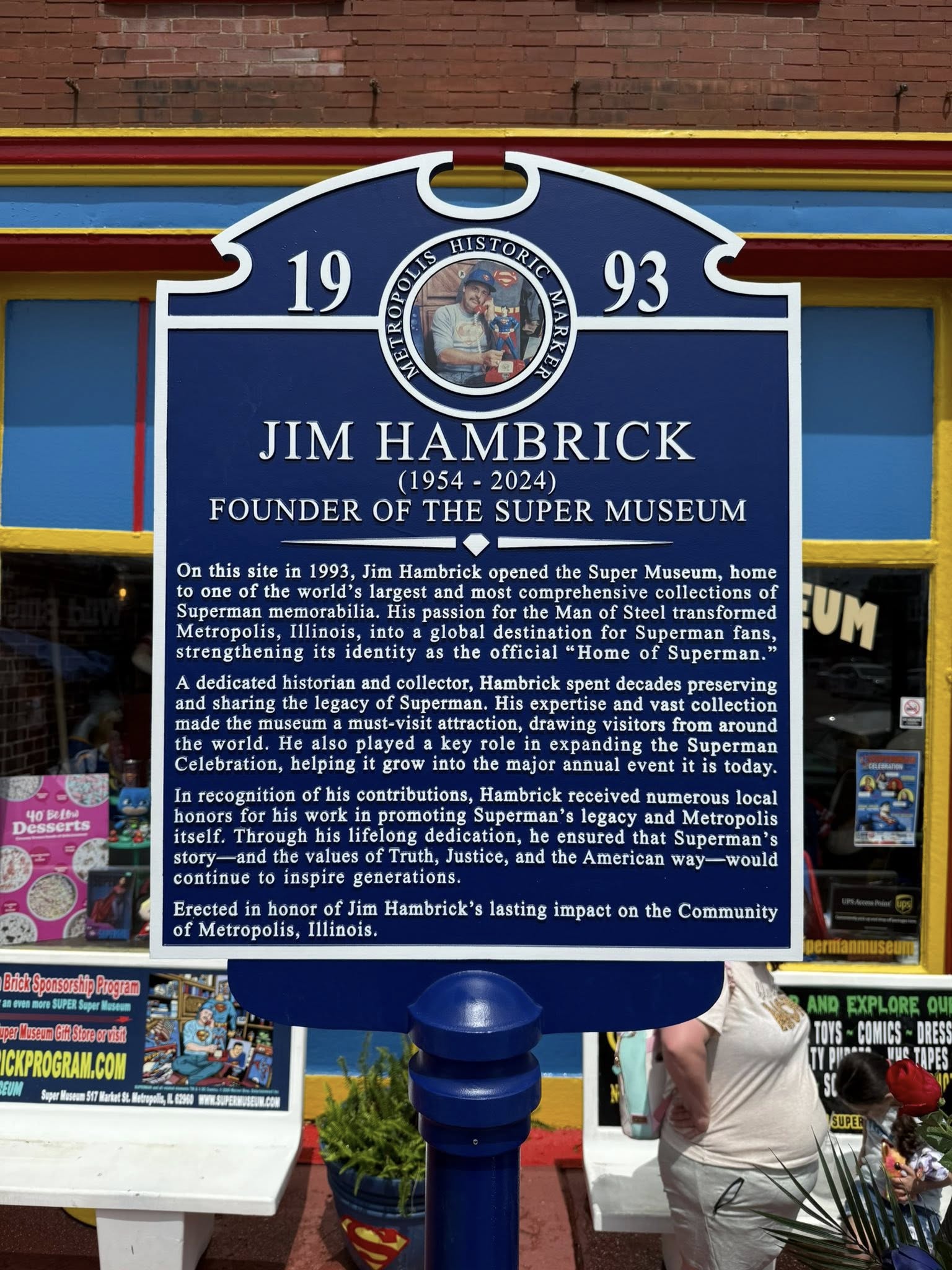



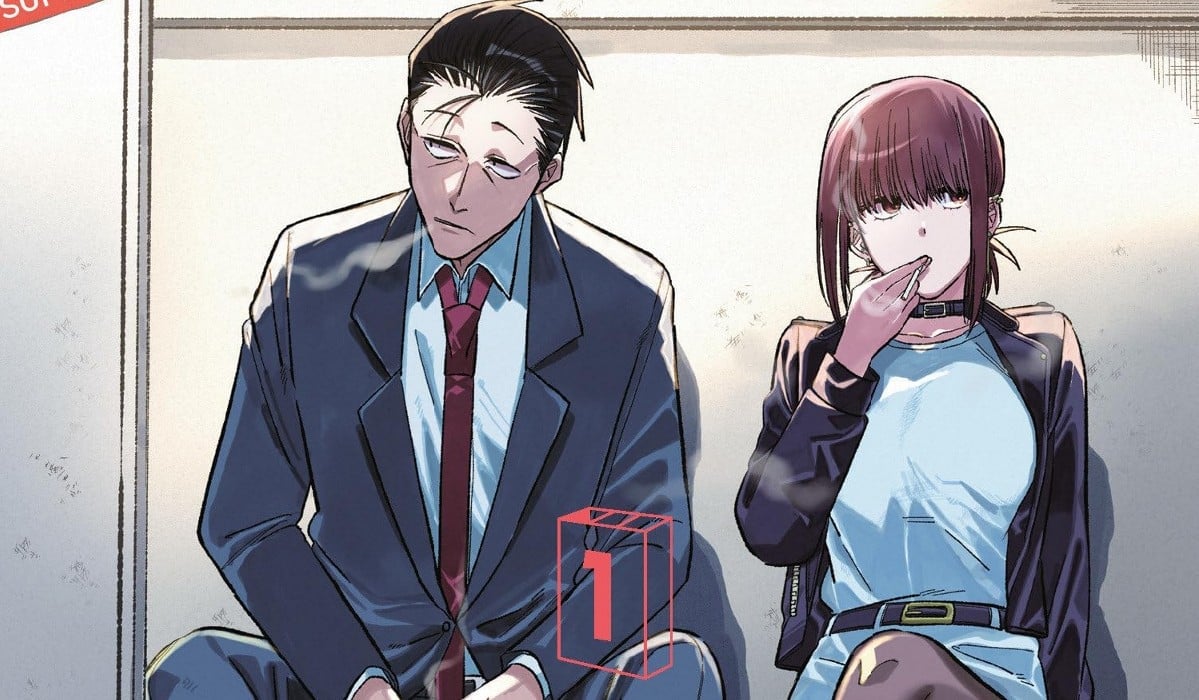
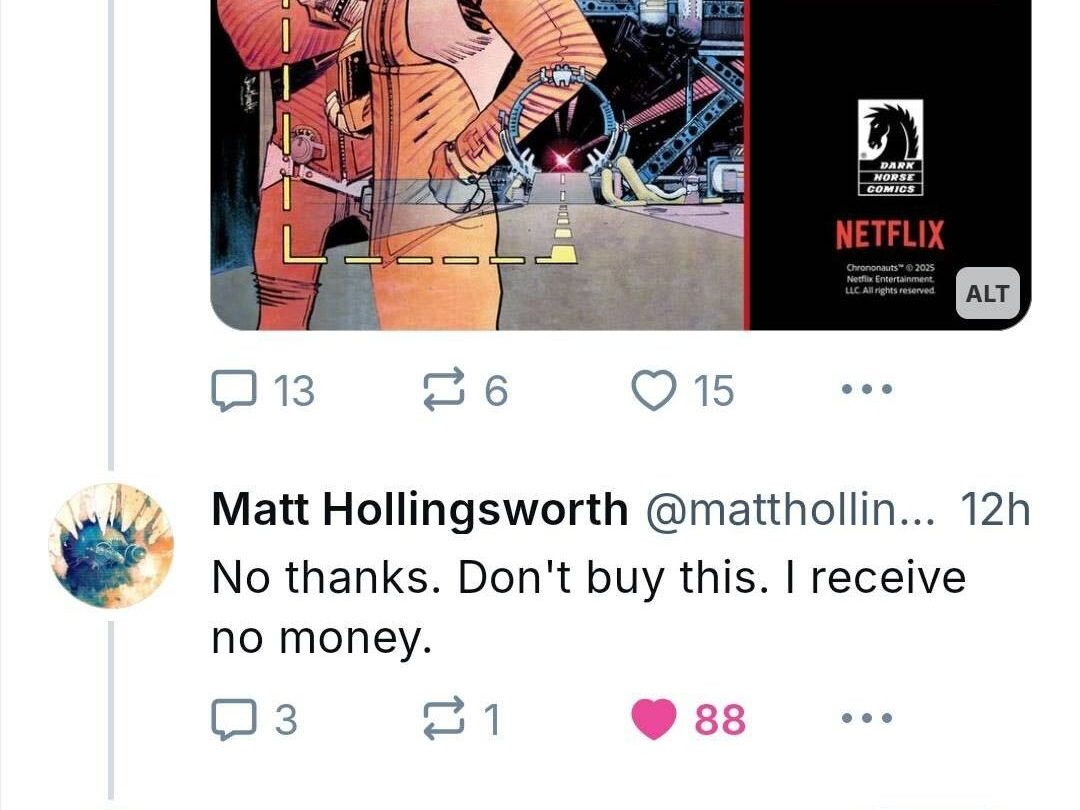

 English (US) ·
English (US) ·